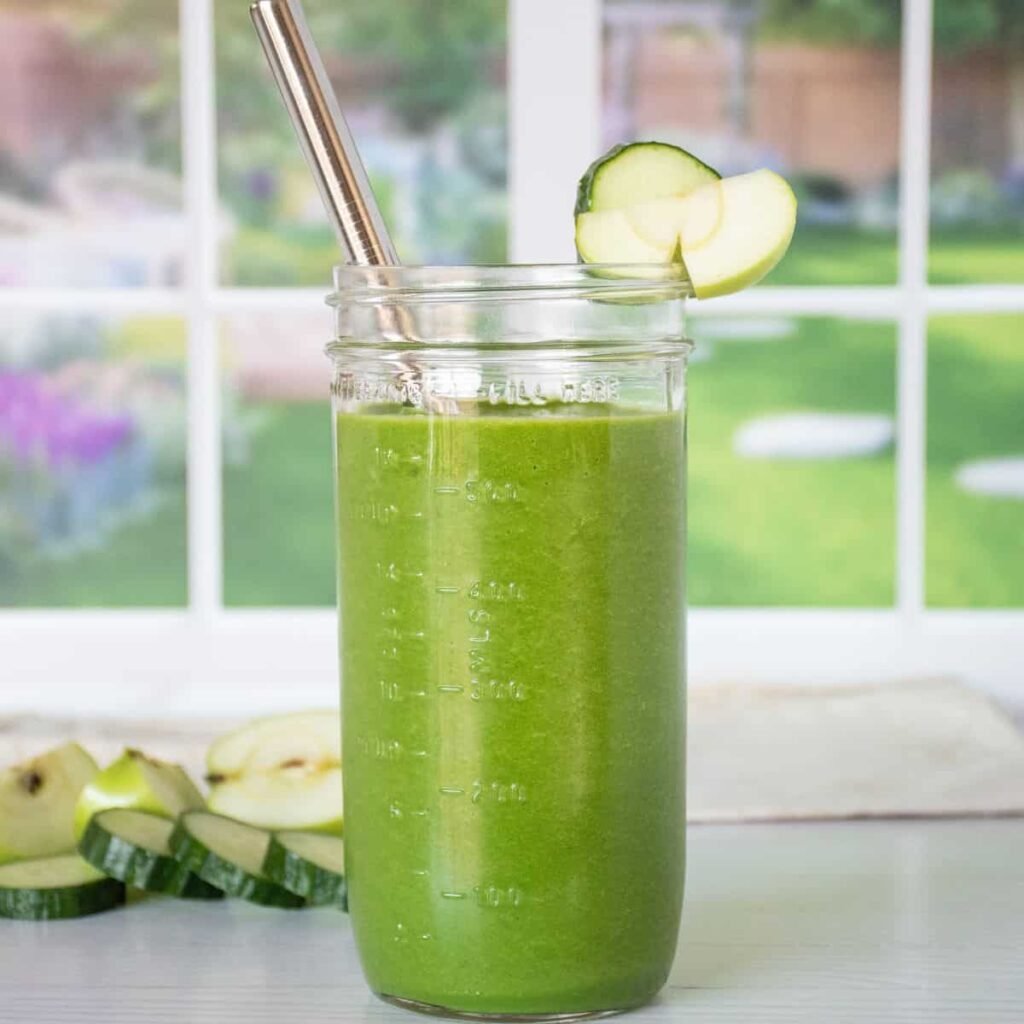Nutrition
Vegetable stew
Ingredients
– 1/5 cup vegetable oil
– 3 large onions
– 5 large fresh tomatoes
– 4 tablespoonfuls of tomato paste
– 5 carrots
– 1 clove of garlic
– 1 piece of ginger
– 1 Maggi Shrimp
– 5 green pepper bell
– 5 red pepper bell
– 10 green beans
– 3 smoked large salmon
– 3 tablespoonfuls of powdered pepper
– I large Cabbage
– Salt to taste
Preparation
- Peel garlic, ginger and onions
- Wash ginger, garlic, onions, and tomatoes and blend together
- Wash and remove seeds then cut green and red bell pepper into chunks or medium sizes
- Cut onions and carrots into chunk sizes.
- Under medium heat, pour oil in a saucepan and add sliced onions and stir
- Add tomato paste and powdered pepper
- Pour in blended ingredients and cook for five minutes or until stew thickens.
- Add chopped green beans, carrots, cabbage, red and green bell pepper and allow the stew to simmer for four minutes.
- Break salmon into chunk sizes and put them in the stew.
- Add Maggi and salt to taste.
- Allow the stew to simmer under low heat for five minutes.
- Serve with rice, yam or preferred accompaniment.
By Elizabeth Agyeibea Ackon
Nutrition
Palm nut soup

Palm nut soup is a Ghanaian dish that can be served with so many foods. It has a rich base of palm nuts combined with tomatoes and various vegetables that makes it very nutritious.
Preparation
Ingredients
– 1 kilogramme of palm nut
– Half kilogramme of beef
-One kilogramme of goat meat
-Three large salmon
-One full tuna
– A handful of turkey berries
-Two large onions
-4 large tomatoes
-3 large garden eggs
– One tin of mackerel
-Ten large peppers
– One large ginger
-2 cloves of garlic
– Four fingers of okro
– Salt to taste
Instructions
-Wash, cook palm nut, turkey berries, and pepper and add salt to it.
-Grind palm nut, turkey berries and pepper with mortar and pestle or mini food processor.
-Wash goat meat, beef, Tuna, salt and put on fire.
– Blend onion, garlic, ginger and tomatoes and pour on the goat meat.
– Add smoked tuna and salmon and okro to the soup.
-Use a spoon or ladle to skim off the surface oil.
-Garnish the soup with the okro or garden eggs as desired.
-Serve with fufu, banku or Omo tuo.
Nutrition
Cucumber and apple smoothie

Ingredients
-Two medium sized cucumber
-Three apples
-Four tablespoonful of honey
-Crushed ice
-Two cups of yoghurt
-One tablespoonful of blended ginger
– One tablespoonful of celery and mint
Preparation

-Wash and slice cucumber, apple into smaller sizes
-Blend until it is smooth
-Add honey and a little water to it
-Add crushed ice and yoghurt
-Blend it till you achieve your desired texture
– Then serve







